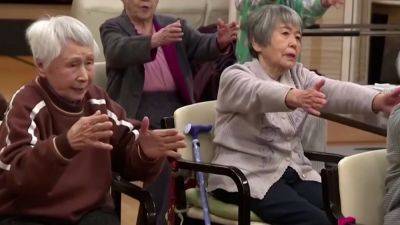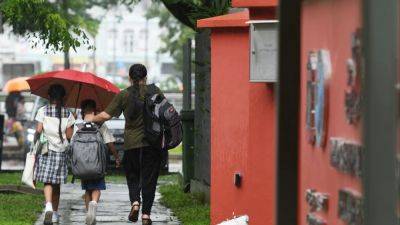Reality bites: should Singapore spend more to curb rising costs?
“The PAP government’s approach to addressing rising cost of living pressures often relies on superficial measures rather than structural change, much like giving patients sugar cubes instead of treating the underlying disease,” said Kenneth Paul Tan, a professor of politics, film and cultural studies at Hong Kong Baptist University.
While the government has started to explore progressive policies on housing and expanding social safety nets, Tan argues that true reform requires “substantial political courage” and genuine public support.
Singapore now ranks as the city with the highest cost of living in the world, rivalling Zurich, according to last year’s Economist Intelligence Unit survey.
Wong highlighted the issue last week during a speech marking his 100th day in office, stating that his team is focused on helping vulnerable groups, such as larger families with young children.
“We are prepared to, and we are thinking about how we can provide more help. So we are indeed focused on looking at all of these different segments and thinking of different ways in which we can help them,” he said in the speech on Friday.
The initiative offers up to S$6,000 (US$4,580) over six months for training and career coaching, marking a notable shift in Singapore’s traditionally cautious approach to welfare policies.
But Chong Ja Ian, a political scientist from the National University of Singapore, said he doesn’t think “the public really feels the PAP’s efforts quite as fully as the PAP may prefer as yet”.
In response to rising living costs and a recent increase in the goods and services tax to 9 per cent, the government has launched various relief measures, including cash vouchers and subsidies. In February, it introduced S$600 vouchers for







